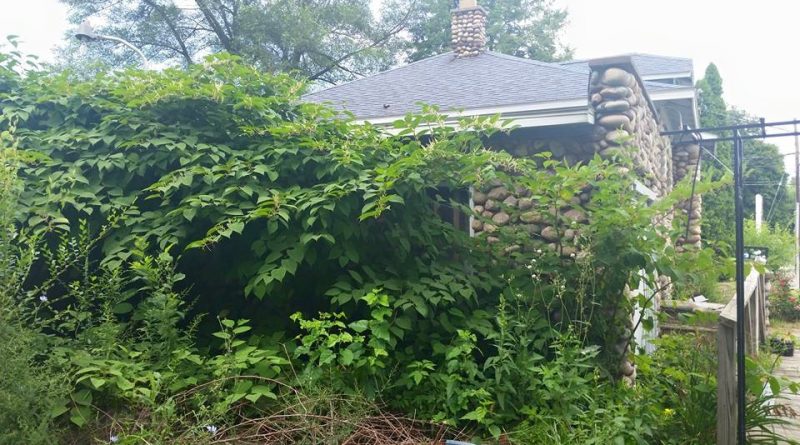DOMESTIC GARDENS STRONGLY ENCOURAGE ALIEN PLANT INVASIONS
Worldwide, horticulture is the main pathway for the introduction of alien plant species and their invasion into natural ecosystems. Certain characteristics of ornamental garden plants are preferred by horticulture, and could also promote invasion. A study involving DiSAA researcher Simon Pierce and collaborators in the Czech Republic, Denmark, Germany, China, the UK, and Austria tested this idea. A global database of around 3500 plant species was produced, including information on whether species are cultivated in botanic or domestic gardens, their growth traits and lifestyles, and the extent to which they have become naturalized (i.e. permanently established outside their natural range). Almost half of the species were found to have become naturalized somewhere in the world. Of these, 87% are cultivated in botanic gardens and 94% in domestic gardens. Crucially, species cultivated in domestic gardens, rather than botanic gardens, tended to have particularly competitive or opportunistic lifestyles and a greater tendency to escape and become naturalized. The horticultural trade is regulated with regard to the sale and availability of potentially invasive species, but the key role of domestic gardens suggests that informed gardeners can play a crucial role in limiting plant invasions and protecting natural biodiversity.

REFERENCE
Guo, W.-Y., van Kleunen, M., Pierce, S., Dawson, W., Essl, F., Kreft, H., Maurel, N., Pergl, J., Weigelt, P., Winter, M. & Pyšek (2019) Domestic gardens play a dominant role in selecting alien species with adaptive strategies that facilitate naturalization. Global Ecology and Biogeography, 28(5): 628-639. DOI: 10.1111/geb.12882.
POSSIBLE NOTES

